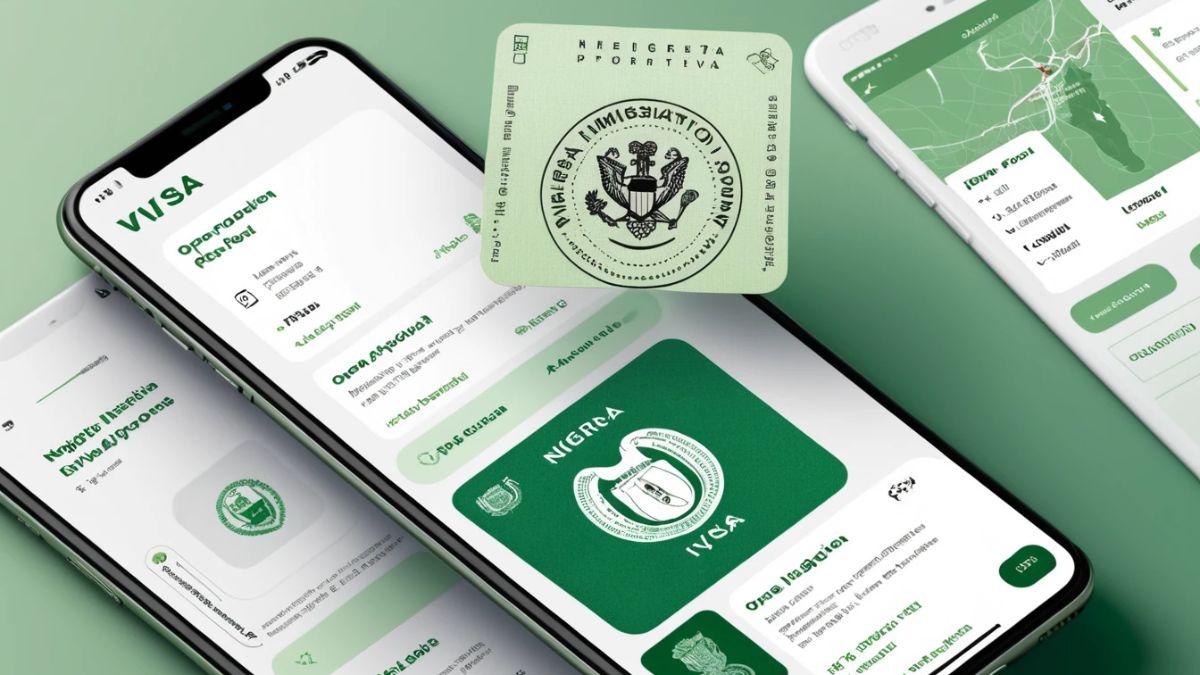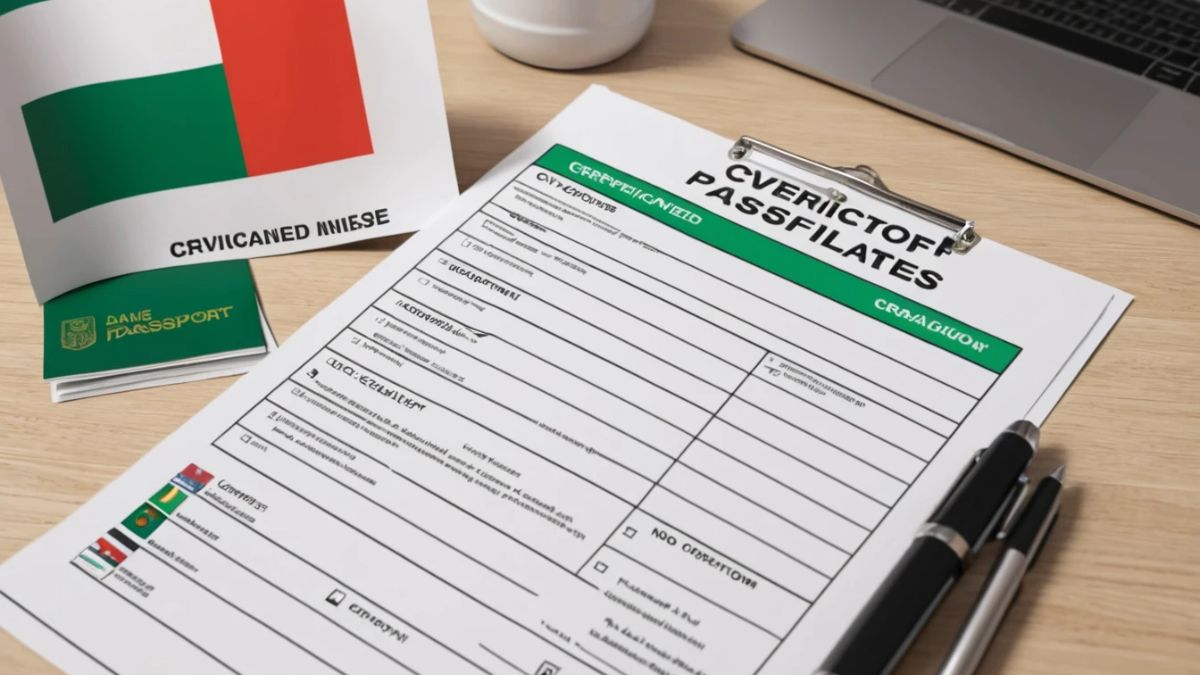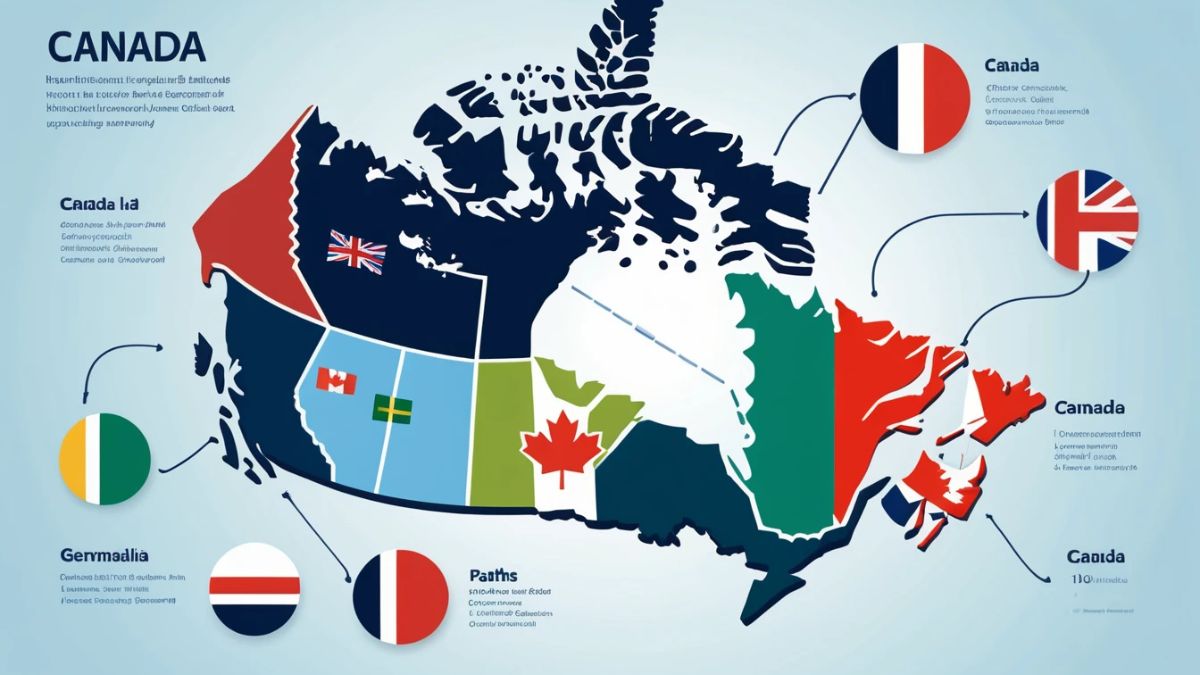Every year, thousands of Nigerians miss out on visa sponsorship opportunities—not because they lack the skills or experience, but because they apply without full preparation. Missing documents, expired passports, or poorly written CVs can lead to rejection or long delays.
If you’re planning to apply for a sponsorship-based visa in 2025—whether for Canada, the UK, Germany, Australia, or other countries—having a clear checklist will keep you ahead. A well-prepared application not only increases your chances of approval but also makes the process faster and less stressful.
Here is the complete 2025 visa sponsorship preparation checklist for Nigerians.
International Format CV
What it includes:
Your CV should clearly present your name, contact details, professional summary, work history (with dates), education, certifications, skills, and language proficiency.
Tips:
-
Keep it updated and job-specific
-
Use clear formatting without photos
-
Focus on measurable achievements and responsibilities
-
Keep it within 1–2 pages
Valid Passport (Minimum 6 Months Validity)
Why this matters:
Many embassies and employers will reject applications if the passport is expired or about to expire. A valid passport is mandatory to complete both visa and sponsorship steps.
Common mistakes:
-
Submitting a passport with less than six months of validity
-
Using a damaged passport with torn pages or faded bio-data
What to do:
Renew early. Ensure the names match those in your certificates and documents.
Education and Work Credentials
What to include:
-
Secondary and post-secondary school certificates
-
Diplomas, degrees, trade licenses, or vocational training
-
Professional certifications if required for your role
Translation:
If your documents are not in English, get a certified translation before submission.
Proof of Experience
What counts:
-
Reference letters from previous employers
-
Employment contracts showing job roles and duration
-
Recent payslips or tax records
Purpose:
To verify that you meet the experience requirements of the job. Some countries require at least one or two years of relevant work history.
Best practice:
Request references in advance and ensure dates, job titles, and responsibilities are clearly listed.
Language Proof (If Required)
Accepted tests:
-
IELTS (General or Academic, depending on the visa)
-
TOEFL or country-specific tests
Who needs it:
Most skilled worker and caregiver roles require a language score. However, exemptions may apply for some applicants with previous education in English.
What to know:
Language results usually expire after two years. Plan your test date accordingly.
Medical and Police Clearance
When to get them:
Usually requested after receiving a job offer or invitation to apply for a visa. Don’t get these too early as they can expire within 3–6 months.
Why they matter:
To prove you are medically fit and have no criminal record. This is a requirement for most long-term stays and work permits.
Tips:
-
Use government-approved clinics and agencies
-
Keep the original and digital versions ready
Financial Documentation
What to show:
Even if the employer sponsors your visa, you may still need to prove basic financial readiness. Acceptable documents include:
-
Recent bank statements (last 3–6 months)
-
Letter of financial support
-
Affidavit of support if applicable
Why it’s needed:
To show you can support yourself during initial settlement or if any delays occur.
Cover Letter or Statement of Purpose
Why it’s useful:
Some employers and visa officers want to see your motivation and understanding of the role or the immigration process.
What to write:
Briefly explain your background, why you are applying, what value you bring to the role, and your long-term goals. Tailor it to each job.
Digital Copies of Everything
Why you need them:
Most applications are online. Embassies and employers will request scanned versions of your documents.
Tips:
-
Keep everything in PDF or JPEG format
-
Use clear file names (e.g., “Passport_Mary2025.pdf”)
-
Store backups on cloud storage and USB
Timing Matters
Many key documents—like police clearance, medicals, and language tests—have limited validity. Getting them too early could mean repeating the process. Too late, and you might miss intake windows.
Best practice:
-
Track expiry dates
-
Set reminders
-
Prepare in advance for common intake months (January, May, September)
Optional But Useful
These documents are not always required but can enhance your application:
-
LinkedIn Profile: Keep it active and aligned with your CV
-
Certificates for Soft Skills: Customer service, first aid, computer literacy
-
Proof of Community Involvement: Volunteering, leadership, or local impact
FAQ
Do I need IELTS to get a visa sponsorship?
It depends on the country and the job. Healthcare and skilled worker routes usually require a valid language test. Some applicants may be exempt based on previous education in English.
Can I apply with just WAEC?
Yes, for some entry-level or caregiver roles. But skilled roles usually require higher education or professional training.
Is police clearance required for all countries?
Most countries require a police clearance certificate, especially for long-term or work-related visas. Always verify the timing and source with your destination country.
How recent must my bank statement be?
Bank statements should usually be from the past three to six months. Ensure your name is clearly visible and transactions are legitimate.
Can I apply with documents in local languages?
Not recommended. All documents should be in English or accompanied by certified translations. This avoids rejection or delays during processing.














